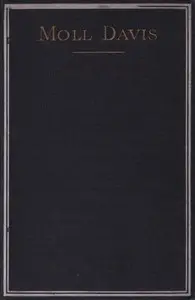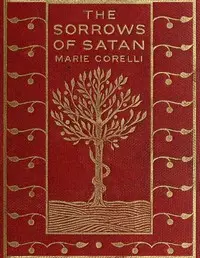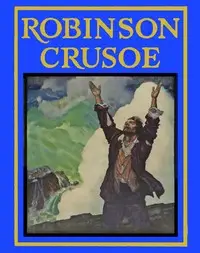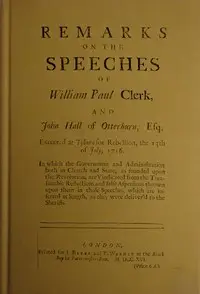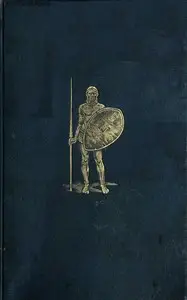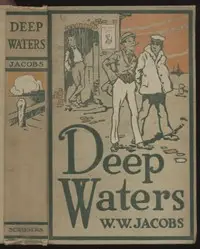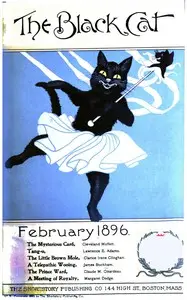"The Fortunes and Misfortunes of the Famous Moll Flanders" by Daniel Defoe is a story about a woman named Moll, born in prison, whose life is a roller coaster of ups and downs, love, crime, and eventually, finding her way back to good. Moll starts by telling us about her rough beginning, with a thief for a mother. Growing up poor but cared for by a nurse, she dreams of becoming a "gentlewoman," wanting more than her station in life offers. Her beauty attracts attention as she gets older, which leads her into complicated relationships and difficult moral choices. The beginning of the book paints a picture of a strong woman ready to face whatever life throws at her, good or bad.
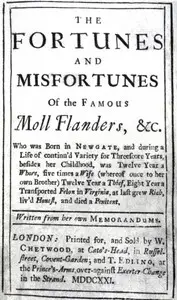
The Fortunes and Misfortunes of the Famous Moll Flanders
By Daniel Defoe
Born into a world of crime and poverty, a woman uses her wits and charm to navigate love, loss, and moral challenges on her journey to redemption.
Summary
About the AuthorDaniel Defoe was an English novelist, journalist, merchant, pamphleteer and spy. He is most famous for his novel Robinson Crusoe, published in 1719, which is claimed to be second only to the Bible in its number of translations. He has been seen as one of the earliest proponents of the English novel, and helped to popularise the form in Britain with others such as Aphra Behn and Samuel Richardson. Defoe wrote many political tracts, was often in trouble with the authorities, and spent a period in prison. Intellectuals and political leaders paid attention to his fresh ideas and sometimes consulted him.
Daniel Defoe was an English novelist, journalist, merchant, pamphleteer and spy. He is most famous for his novel Robinson Crusoe, published in 1719, which is claimed to be second only to the Bible in its number of translations. He has been seen as one of the earliest proponents of the English novel, and helped to popularise the form in Britain with others such as Aphra Behn and Samuel Richardson. Defoe wrote many political tracts, was often in trouble with the authorities, and spent a period in prison. Intellectuals and political leaders paid attention to his fresh ideas and sometimes consulted him.


